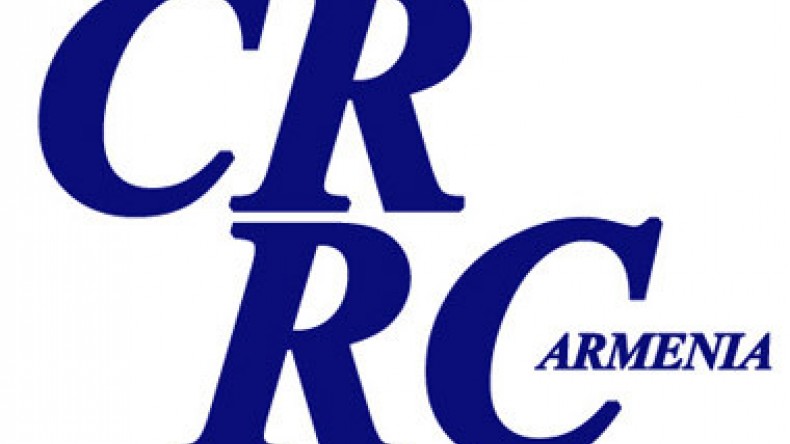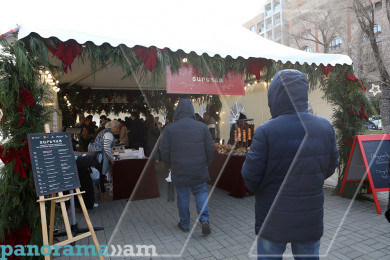
CRRC-Armenia releases Caucasus Barometer 2013 survey
The Caucasus Research Resource Center (CRRC)-Armenia has released the results of the Caucasus Barometer 2013 survey, the latest iteration of the annual survey measuring social-economic, demographic and political developments in the South Caucasus countries since 2004, press service of CRRC-Armenia reports.
This year, around 6000 households were randomly selected and surveyed throughout the South Caucasus. Each questionnaire included over 100 questions to provide an exclusive opportunity to follow the public opinion and the level of well-being in each country, with analyses possible by gender, settlement type, age, and many other variables.
There were several trends noticed this year that could have important implications for both Armenia and the region. For the fourth year in a row, unemployment and poverty are listed as the two most important issues in Armenia (45% and 16%) and in Georgia (54% and 10%). Unsolved regional conflicts (38%), followed by unemployment (25%) were rated as the most important issues in Azerbaijan.
Armenians are still more likely to feel that they have the right to say what they want (68%), than Azerbaijanis (52%). However, this year we were overrun by Georgians (76%). And there is a certain worrying trend in the share of people in Armenia saying that the country is not a democracy (34% in 2013 vs. 28% in 2012 and 27% in 2011).
New in the 2013 survey are questions asked to respondents in all three countries about their awareness of regional conflicts, human rights and judicial system issues, use of social media and attitude toward social assistance programs. In all three countries, people are not well aware of the regional conflicts in their neighboring countries: around half of the Armenians and Azerbaijanis haven’t even heard about Georgian-Abkhaz conflict. The Nagorno-Karabakh conflict is more popular with Georgians: 62% of them say they have heard about it. On judicial system, people cautiously agree that courts in their counties are free from governmental influence (13% in Armenia, 25% in Azerbaijan and 33% in Georgia). Use of Facebook still leaves much to be desired: only around one seventh of Armenians and Azerbaijanis, as well as one fifth of Georgians use Facebook at least once a week.
Attitudes towards country's membership in the Eurasian Economic Community-Customs Union (EEC-CU) and European Union (EU) across countries were diverse as well: 65% of Georgians support the country’s membership in EU, while only about 41% of Armenians and 34% of Azerbaijanis do so. Instead, 55% of respondents in Armenia support its membership in the (EEC-CU), while only 32% of Georgians do so.
Nevertheless, the overall sense of happiness remains quite high in all three countries: on average, on a scale from 1 to 10, Armenians rated their happiness at 6.7, Azerbaijanis – 6.6 and Georgians – 7.0.
Newsfeed
Videos






























